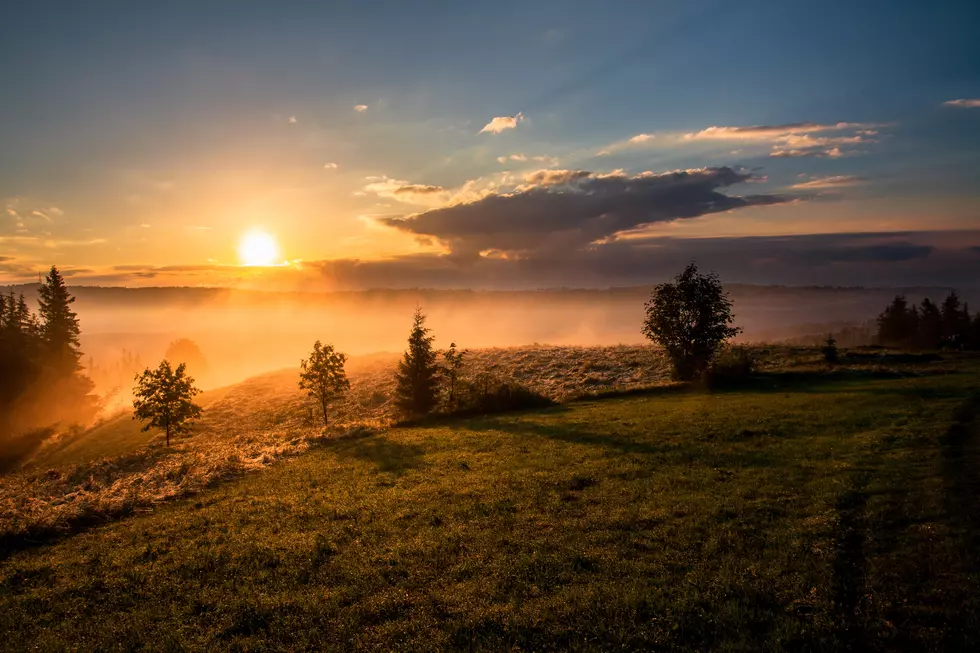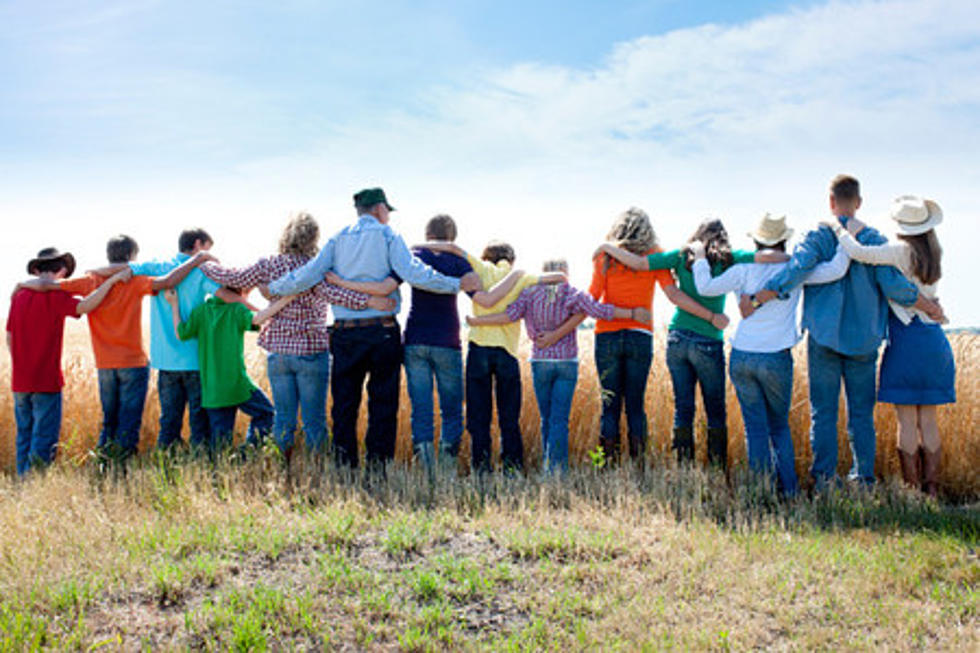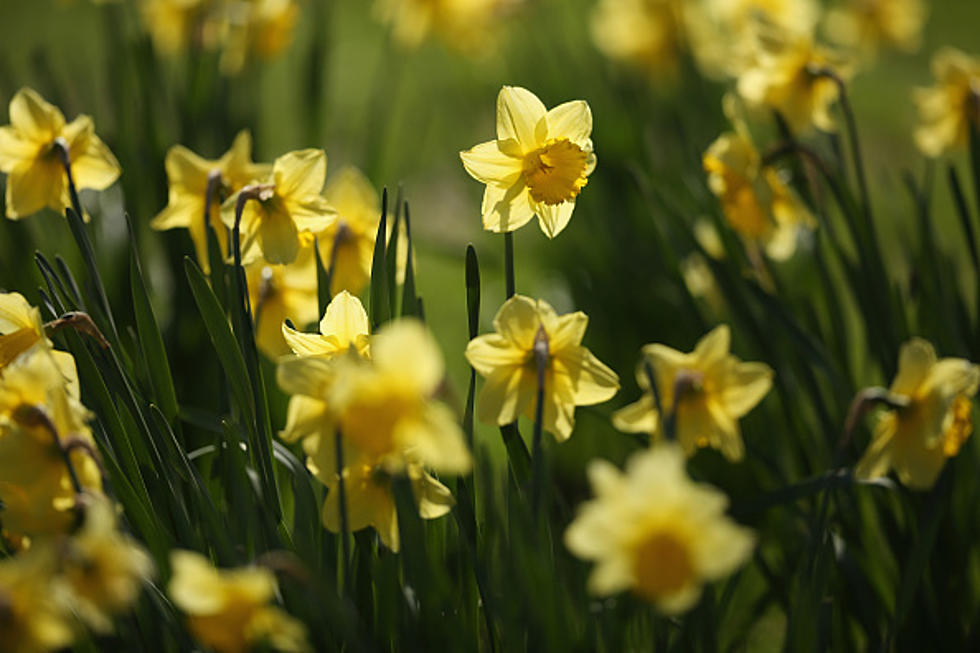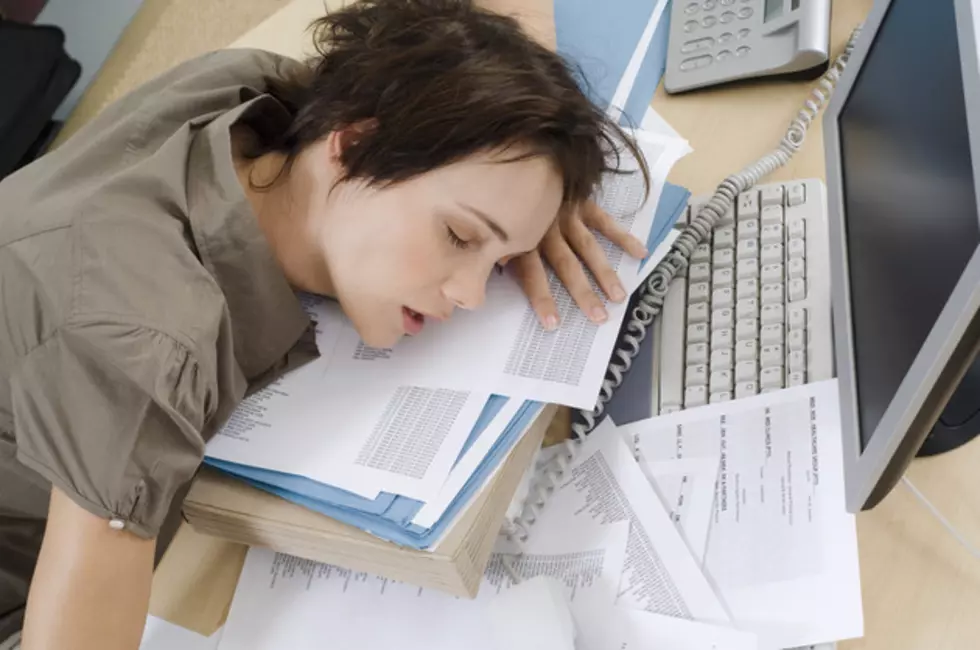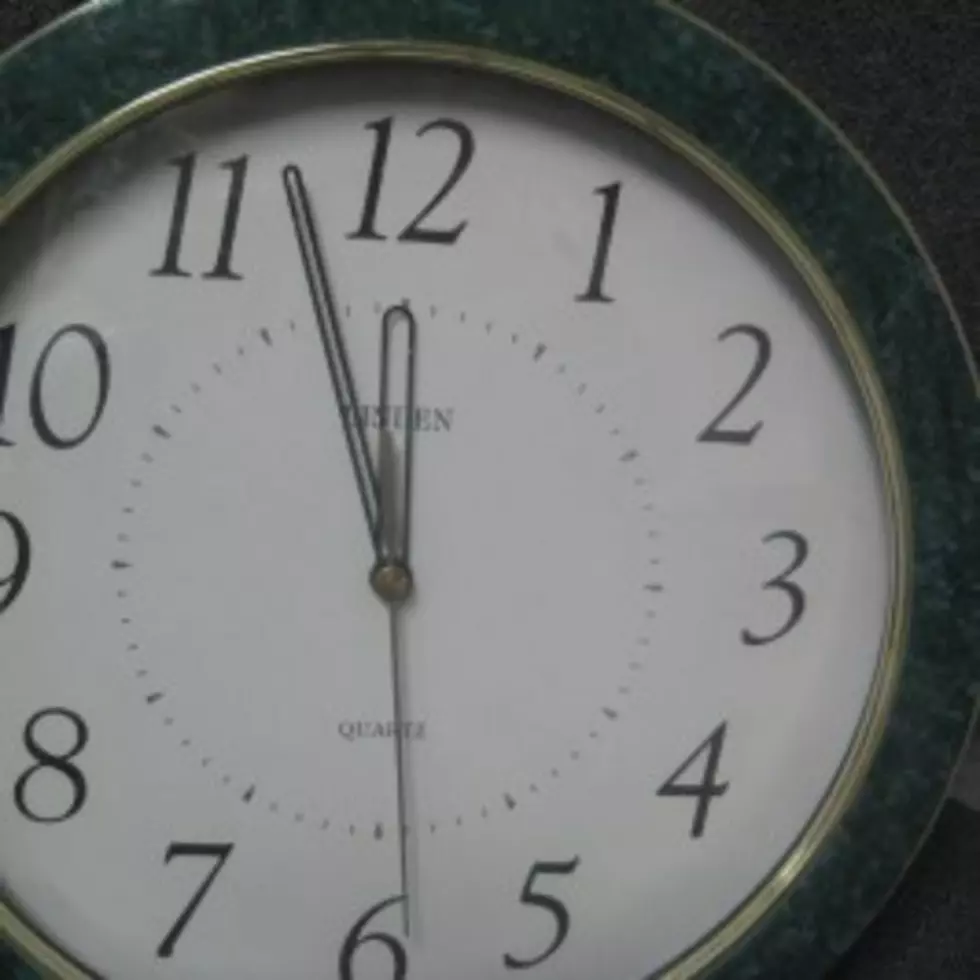
Concept Behind Daylight Savings Time
When you go to bed on Saturday, you'll set your clocks ahead an hour but what's behind the idea of Daylight Savings Time? Remember it’s spring forward and fall back and it’s a good idea to change the batteries in your smoke alarms and carbon monoxide detectors too.
The most important thing to remember is, you don’t need to stay awake until 2 a.m. to make these changes. You may laugh but I have a friend that used to stay awake until 2 a.m. because she thought that’s what you were supposed to do.
She claims that’s what she thought as a child. My question is: Who let you stay up until 2 a.m. when you were a young kid? I’m just saying.
The whole concept of Daylight Saving Time is thought to have begun with Benjamin Franklin. He wrote a letter to a French journal in 1774. He said that they could save money by waking up earlier during the summer because it would prevent them from having to buy so many candles to light the evening hours.
In the US, it concept didn't start until WWI, when Congress decided to give the idea a try in 1918 in an effort to save energy. They passed the law in the same act that created standard time zones, but it wasn't popular and was repealed the following year.
In 1942, during the next big war, President Franklin Roosevelt tried out a concept he called "War Time," which set the clocks permanently an hour earlier all-year-round to save energy. After the war ended in 1945, most of the states adopted a summer-only time change.
So it was created to save energy but according to the NY Times, the opposite might be true because of air conditioning. We supposedly use 1% more electricity during Daylight Savings so until all this spring forwarding and fall backing comes to an end, just remember to set your clock ahead this Saturday night.
Besides you don't want to be arriving at church as the pastor is saying the closing prayer....do you? On second thought, don't answer that.
More From 98.1 The Hawk
